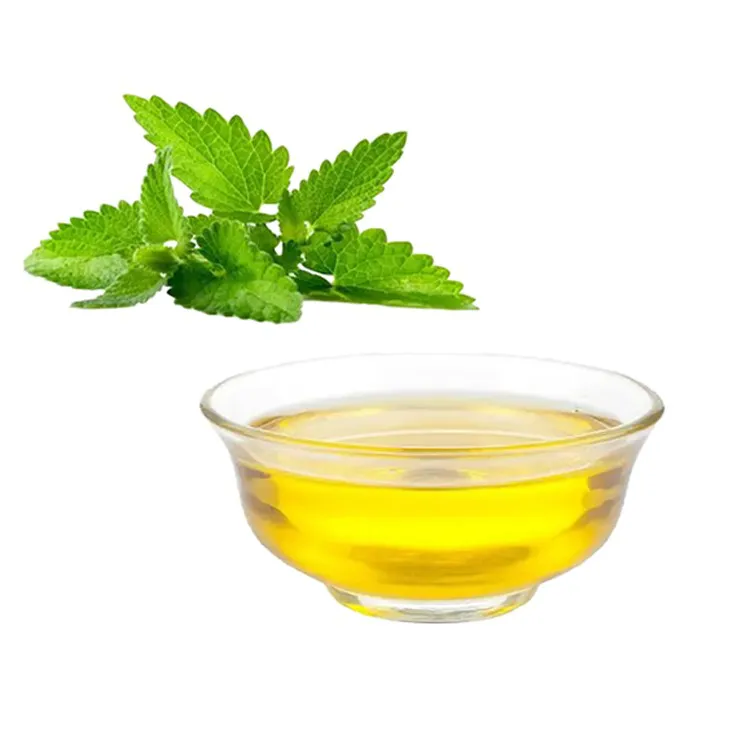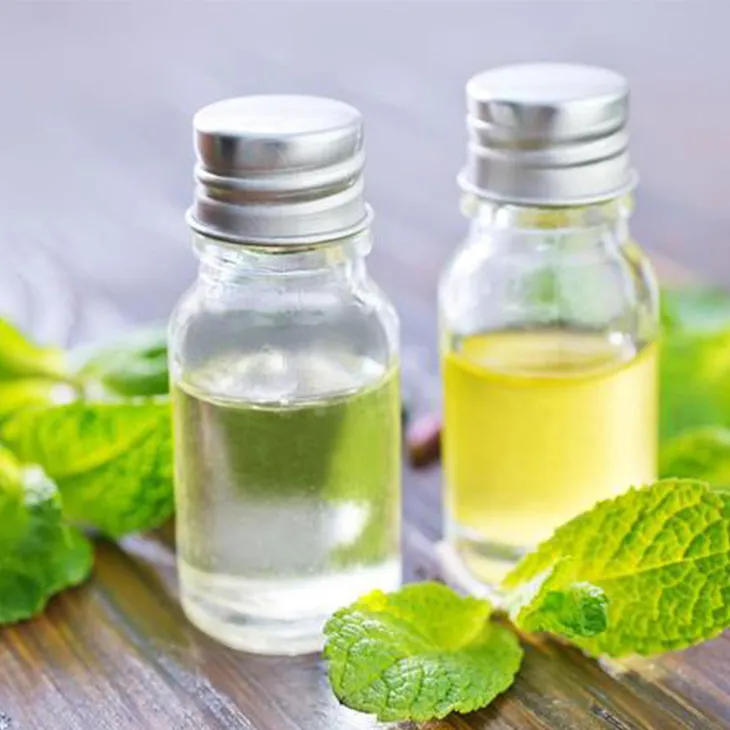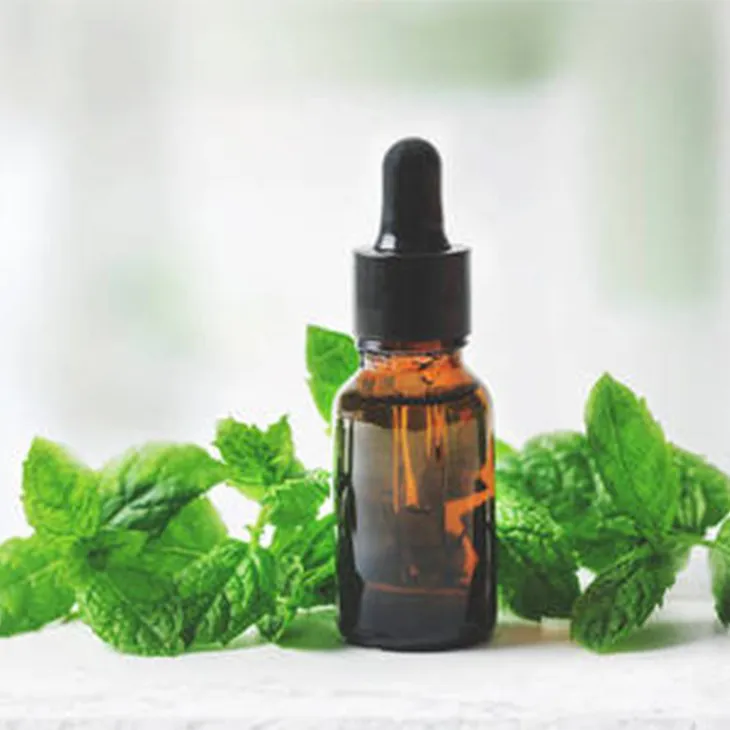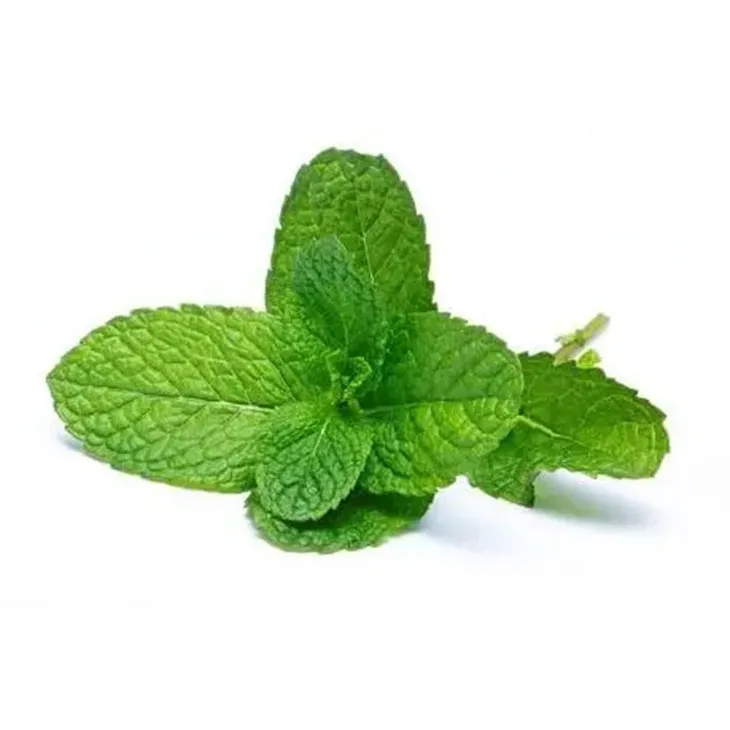- 0086-571-85302990
- sales@greenskybio.com
Peppermint Oil: Benefits and Consumption Guide
2024-11-13

1. Introduction
Peppermint Oil has a long and storied history of use. Derived from the peppermint plant, which is a hybrid of watermint and spearmint, it has been cherished for centuries for its various properties. This versatile oil has found its way into different aspects of our lives, from health remedies to beauty treatments and relaxation aids.

2. Therapeutic Properties of Peppermint Oil
2.1 Anti - inflammatory Effects
Peppermint Oil contains several compounds that contribute to its anti - inflammatory properties. One of the key components is menthol, which has been shown to reduce inflammation in the body. This makes it potentially beneficial for conditions such as arthritis, where inflammation in the joints can cause pain and stiffness. Studies have indicated that the application of peppermint oil can help soothe inflamed areas, providing a natural alternative to some pharmaceutical anti - inflammatories.
2.2 Antimicrobial Effects
Another remarkable property of peppermint oil is its antimicrobial effect. It has the ability to inhibit the growth of various microorganisms, including bacteria, fungi, and viruses. In particular, it has been effective against common bacteria such as Escherichia coli and Staphylococcus aureus. This antimicrobial activity makes peppermint oil a useful ingredient in natural cleaning products and can also be beneficial for maintaining oral hygiene, as it can help combat bacteria in the mouth that cause bad breath and dental issues.

3. Health Benefits of Peppermint Oil
3.1 Digestive Health
Peppermint oil has been widely used to promote digestive health. It can help relax the muscles of the gastrointestinal tract, which is especially useful for those suffering from irritable bowel syndrome (IBS). Research has shown that peppermint oil capsules can significantly reduce symptoms such as abdominal pain, bloating, and diarrhea in IBS patients. Additionally, it can also stimulate the production of bile, which aids in the digestion of fats.
3.2 Respiratory Health
When it comes to respiratory health, peppermint oil can act as a decongestant. The menthol in the oil gives a cooling sensation that can help open up the airways, making it easier to breathe. It can be used to relieve symptoms of the common cold, such as nasal congestion and cough. Inhaling the vapor of peppermint oil, either through steam inhalation or using a diffuser, can provide relief for those with respiratory discomfort.
3.3 Headache Relief
For those suffering from headaches, peppermint oil may offer some relief. The cooling and analgesic properties of menthol can help soothe the pain. Applying diluted peppermint oil to the temples and forehead can provide a natural alternative to over - the - counter pain medications. However, it is important to note that if the headache is severe or persistent, medical advice should be sought.

4. Beauty Benefits of Peppermint Oil
4.1 Skin Care
Peppermint oil can be beneficial for the skin. Its antimicrobial properties make it useful for treating acne, as it can help kill the bacteria that cause breakouts. Additionally, it has a cooling effect that can soothe irritated skin. However, it should be used with caution, as undiluted peppermint oil can be too strong for the skin and may cause irritation. When using peppermint oil for skin care, it is recommended to mix it with a carrier oil such as jojoba or almond oil.
4.2 Hair Care
In the realm of hair care, peppermint oil can stimulate hair growth. It does this by increasing blood circulation to the scalp. Massaging diluted peppermint oil into the scalp can also help relieve dandruff, as it has antifungal properties that can combat the yeast that often causes dandruff. It leaves the hair feeling fresh and clean due to its refreshing scent.

5. Relaxation and Stress Relief
The aroma of peppermint oil has a calming and relaxing effect on the mind. Using a diffuser to spread the scent of peppermint oil in a room can help reduce stress and anxiety. It can also improve focus and concentration, making it a useful addition to a study or work environment. Some people find that taking a warm bath with a few drops of peppermint oil added can be a very relaxing and rejuvenating experience.
6. Consumption Guide for Peppermint Oil
6.1 Internal Consumption
- When considering internal consumption of peppermint oil, it is crucial to use only high - quality, food - grade peppermint oil. This is because non - food - grade oils may contain impurities that can be harmful to the body.
- Peppermint oil can be taken in capsule form. However, it is advisable to start with a low dose, such as 1 - 2 capsules per day, and gradually increase the dose if necessary. The typical recommended dose for adults is around 3 - 4 capsules per day, but this should be adjusted according to individual needs and under the guidance of a healthcare professional.
- Another way to consume peppermint oil internally is by adding a drop or two to a glass of water or tea. The oil will disperse in the liquid, and it can be sipped slowly. This method is more suitable for those who prefer a milder flavor and a more gradual intake of the oil.
6.2 External Consumption
- For external use, peppermint oil should always be diluted before application to the skin. A common dilution ratio is 1 - 2 drops of peppermint oil per teaspoon of carrier oil, such as coconut oil or olive oil.
- When using peppermint oil for massage, it can be added to a massage oil blend at the appropriate dilution. This can help relieve muscle tension and soreness. Apply the diluted oil to the affected area and massage gently in circular motions.
- Inhalation is another common form of external consumption. Add a few drops of peppermint oil to a bowl of hot water, cover your head with a towel, and inhale the steam for a few minutes. This can help clear the nasal passages and relieve respiratory symptoms.
7. Precautions and Side Effects
While peppermint oil has many benefits, it is not without precautions. Allergic reactions can occur in some individuals, especially those with a known sensitivity to mint. Symptoms of an allergic reaction may include skin rash, itching, or difficulty breathing. If any of these symptoms occur, discontinue use immediately and seek medical attention.
Peppermint oil should not be applied undiluted to the skin, as it can cause irritation, burning, or redness. Ingesting large amounts of peppermint oil can also lead to side effects such as nausea, vomiting, and abdominal pain. Pregnant and breastfeeding women should consult their healthcare provider before using peppermint oil, as its safety in these situations has not been fully established.
8. Conclusion
Peppermint oil is a remarkable natural substance with a wide range of benefits for health, beauty, and relaxation. By understanding its properties and following the proper consumption guide, it can be safely and effectively incorporated into our daily routines. However, it is always important to exercise caution and be aware of any potential side effects or allergic reactions. With the right knowledge and approach, peppermint oil can be a valuable addition to a natural and holistic lifestyle.
FAQ:
What are the anti - inflammatory benefits of peppermint oil?
Peppermint oil contains menthol, which has anti - inflammatory properties. It can help reduce inflammation in the body, such as in the digestive tract where it may soothe irritation. Additionally, it can be beneficial for skin inflammation, potentially relieving redness and swelling when applied topically in a diluted form.
How does peppermint oil show antimicrobial effects?
Peppermint oil has antimicrobial effects due to its chemical composition. Compounds in peppermint oil can inhibit the growth of certain bacteria, fungi, and viruses. For example, it may prevent the growth of bacteria that cause bad breath in the mouth or infections on the skin when used appropriately.
Can beginners start using peppermint oil directly?
No, beginners should not start using peppermint oil directly. It is very concentrated and can cause irritation if used undiluted. For beginners, it is recommended to start with a diluted form, either in a carrier oil for topical use or in a very small amount when using for ingestion (under proper medical supervision).
What are the beauty benefits of peppermint oil?
Peppermint oil can offer several beauty benefits. It can be used in hair care to stimulate the scalp, potentially promoting hair growth. For the skin, it may help with acne due to its antimicrobial properties. Also, it can give a refreshing feeling when added to skincare products, making the skin feel rejuvenated.
How can peppermint oil be used for relaxation?
Peppermint oil can be used for relaxation in various ways. One way is through aromatherapy. Diffusing peppermint oil in the air can create a calming and refreshing environment. It can also be added to a warm bath in a diluted form, where the aroma can help soothe the senses and relieve stress.
Related literature
- The Therapeutic Potential of Peppermint Oil"
- "Peppermint Oil: A Comprehensive Review of its Health and Beauty Applications"
- ▶ Hesperidin
- ▶ citrus bioflavonoids
- ▶ plant extract
- ▶ lycopene
- ▶ Diosmin
- ▶ Grape seed extract
- ▶ Sea buckthorn Juice Powder
- ▶ Beetroot powder
- ▶ Hops Extract
- ▶ Artichoke Extract
- ▶ Reishi mushroom extract
- ▶ Astaxanthin
- ▶ Green Tea Extract
- ▶ Curcumin Extract
- ▶ Horse Chestnut Extract
- ▶ Other Problems
- ▶ Boswellia Serrata Extract
- ▶ Resveratrol Extract
- ▶ Marigold Extract
- ▶ Grape Leaf Extract
- ▶ blog3
-
High purity olive leaf extract
2024-11-13
-
Lavender oil extraction method
2024-11-13
-
100% organic virgin sea buckthorn fruit oil
2024-11-13
-
Lotus leaf extract powder factory in China
2024-11-13
-
China aged garlic extract supplier
2024-11-13
-
Deer antler extract powder manufacturer
2024-11-13
-
Saw palmetto extract vs whole herb
2024-11-13
-
Saponin Extract
2024-11-13
-
Mango flavored powder
2024-11-13
-
Giant Knotweed Extract
2024-11-13
-
Senna Leaf Extract
2024-11-13
-
Acerola Extract
2024-11-13
-
Wheat Germ Extract
2024-11-13
-
Oyster Mushroom Extract Powder
2024-11-13
-
Calendula Extract
2024-11-13
-
Alfalfa Meal
2024-11-13
-
Cat Claw Extract
2024-11-13





















